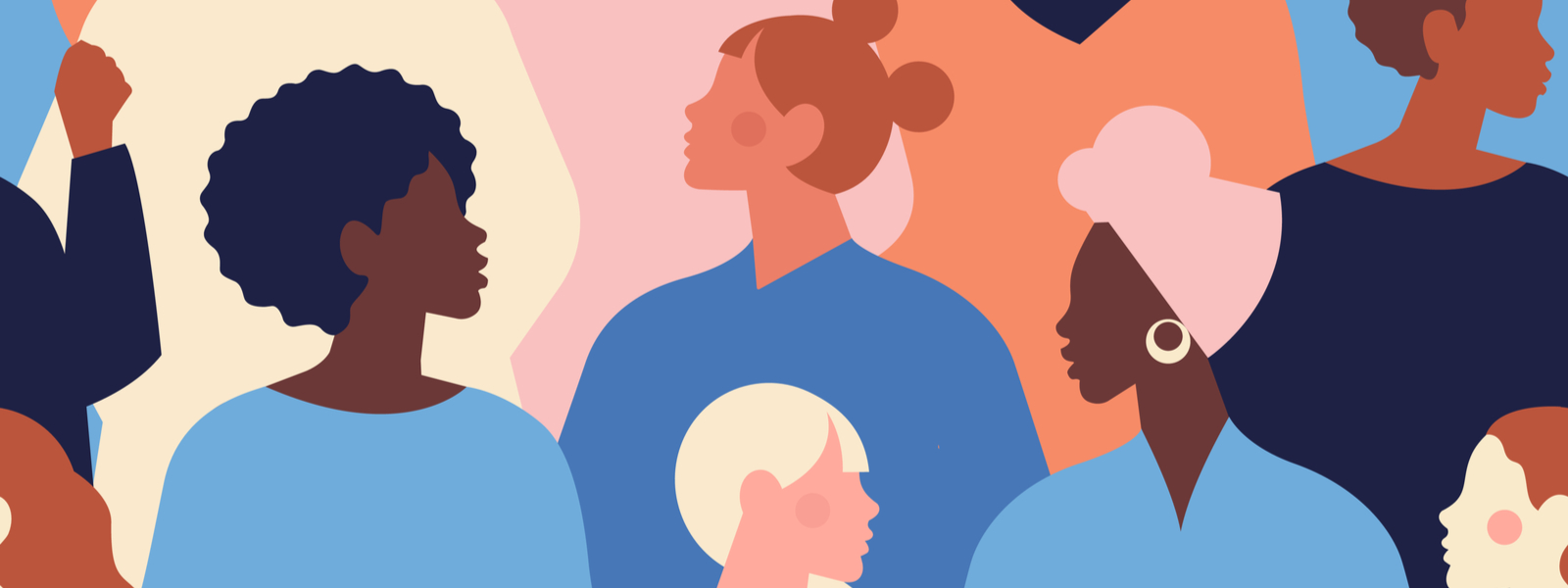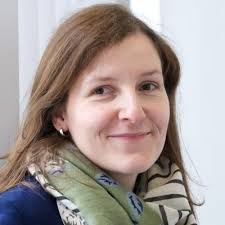Tell us about your work.
My primary research focus is on dysarthria, which are motor speech problems that occur when the muscles we use are weakened, as a result of brain damage for instance. As a result, speech can be a bit slurred and slow, and it may be difficult to understand the speaker.
I primarily work with children with cerebral palsy who have dysarthria as a result of brain damage. But in the past, I've also worked with adults with neurodegenerative motor speech disorders such as Parkinson's.
As part of my work, I'm really interested in understanding the underlying nature of the problem: why does it happen? How do these speech problems manifest and how can current treatment approaches target these difficulties?
What drives your passion for the work?
Communication is really an essential part of our day-to-day lives and an integral part of human behavior. We use communication to form close relationships with others. Communication disorders can adversely affect social relationships and participation, and for children it can also affect educational attainment.
Ultimately, my research aims to improve communication and through this well-being and social participation for those affected by dysarthria.
Tell us about your journey to Strathclyde.
I did my first degree, an integrated Master’s in clinical linguistics, in Germany at the University of Potsdam. I then came to Strathclyde for my PhD, in which I investigated intonation in Foreign Accent Syndrome, another motor speech disorder. This research built the basis for my subsequent work: I was awarded a 3-year British Academy Postdoctoral Fellowship to investigate prosody and intonation in children with cerebral palsy. This was followed by a Chancellor’s Fellowship here at Strathclyde and I’m now a Senior Lecturer.
Which women in your field have inspired you and why?
Speech and language therapy/sciences is quite a female-dominated profession. Throughout my career, I met many inspiring women in the field and I always felt well-supported by female (as well as male) mentors.
However, there are two women, who stand out for me, as they influenced my career path: one was Caroline Féry. She was the chair of phonology back at the University of Potsdam and I worked for her as a student Research Assistant. She sparked my love and interest for all things prosody and intonation, which I now investigate from a clinical perspective.
In addition, Caroline was always supportive, and encouraged me believe in my abilities and apply for Ph.D. studentships.
The other woman who has shaped my current work is Aoju Chen, a professor of language development at Utrecht University whose team I visited as part of my British Academy Fellowship. Her research addresses fundamental questions relating to language acquisition in children and discussions with her inspired me to actually consider the big fundamental questions that remain, which ultimately led to the project I just got awarded.
The theme of IWD2022 is #BreakTheBias. What do you think are some of the biggest issues in terms of achieving equality in academia? What more could we be doing?
I think there are still a few issues to achieve equality in academia. However, it can be challenging to actually quantify them, and - as a result of this - to address them.
One issue is that promotion is built around research productivity, which to some extent relies on the ability to promote your own achievements. This can be challenging for women in some cultures, who are not always brought up with this mindset.
A cultural change is also still needed in terms of the administrative roles women are more likely to take on in academia. For instance, there's evidence that women are more likely to have a larger role in pastoral care. This, however, is a role that remains largely unnoticed by performance indicators relevant for promotion.
You recently had success in securing an ESRC grant to investigate variability in child speech. Can you tell us more about that?
We were recently awarded an ESRC grant to investigate variability in child speech, which will be an exciting project. I will be working on this project with one of my colleagues here in the Department, Dr Joanne Cleland and Professor Jane Stuart-Smith at the University of Glasgow.
Together we will explore how speech changes as children grow.
Speaking is one of the most complex motor skill humans can perform. Consequently, learning to speak is one of the biggest developmental tasks a child has to achieve, and children vary quite considerably in how quickly they master all aspects of speech.
We will address critically important questions around understanding growth in typically developing children. We want to try and quantitatively differentiate between lower-performing typically developing speech and higher-performing children with disordered speech. This is critical for speech and language therapists because they are tasked with the differential diagnosis of children and they must determine whether to treat or not to treat a child. So a full understanding of variability in typical speech is central to advancing our knowledge of how speech difficulties in children are identified, assessed and treated.


